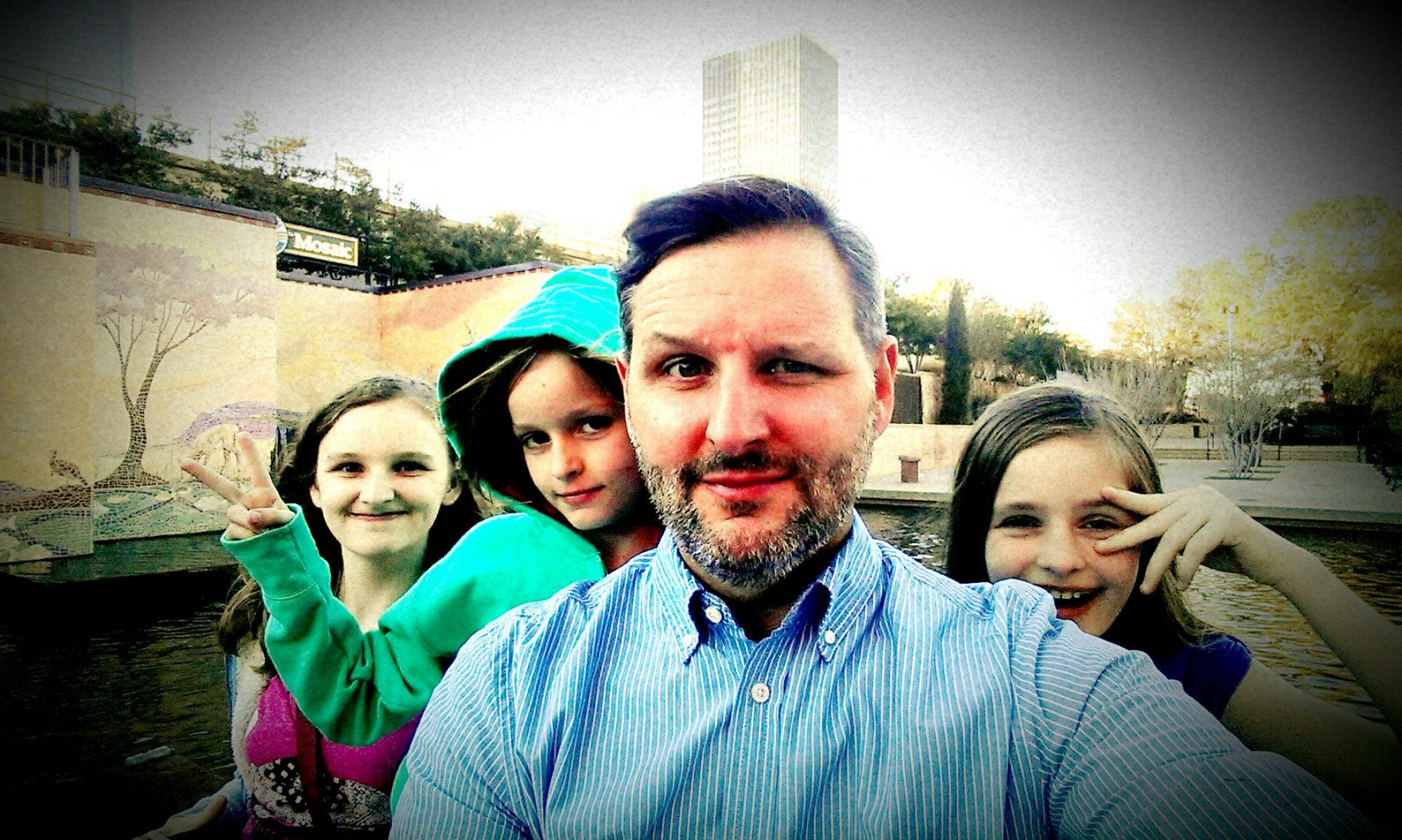The Road Not Taken

Two roads diverged in a yellow wood,
And sorry I could not travel both
And be one traveler, long I stood
And looked down one as far as I could
To where it bent in the undergrowth;
Then took the other, as just as fair,
And having perhaps the better claim,
Because it was grassy and wanted wear;
Though as for that the passing there
Had worn them really about the same,
And both that morning equally lay
In leaves no step had trodden black.
Oh, I kept the first for another day!
Yet knowing how way leads on to way,
I doubted if I should ever come back.
I shall be telling this with a sigh
Somewhere ages and ages hence:
Two roads diverged in a wood, and I—
I took the one less traveled by,
And that has made all the difference.
Robert Frost (1874–1963). Mountain Interval. 1920.
Media
This applies to all media today. Be careful about what they would have you believe.
Ink – Film – 2009
I saw the movie Ink last night and I was blown away. I’m not sure exactly what the formula was, but it really worked for me. Written and directed by Jamin Winans this is his second full length feature, the movie is clearly an indie film with a budget around $250,000. The characters remain in the same costume for the entire film, though I was surprised ho many extras they used. A full synopsis can be read at
Gilgamesh and life
Ethics of Belief
Industrial Decalogue
- You cannot bring about prosperity by discouraging thrift.
- You cannot strengthen the weak by weakening the strong.
- You cannot help little men by tearing down big men.
- You cannot lift the wage earner by pulling down the wage payer.
- You cannot help the poor by destroying the rich.
- You cannot establish sound security on borrowed money.
- You cannot further the brotherhood of man by inciting class hatred.
- You cannot keep out of trouble by spending more than you earn.
- You cannot build character and courage by destroying men’s initiative and independence.
- You cannot help men permanently by doing for them what they can and should do for themselves.

